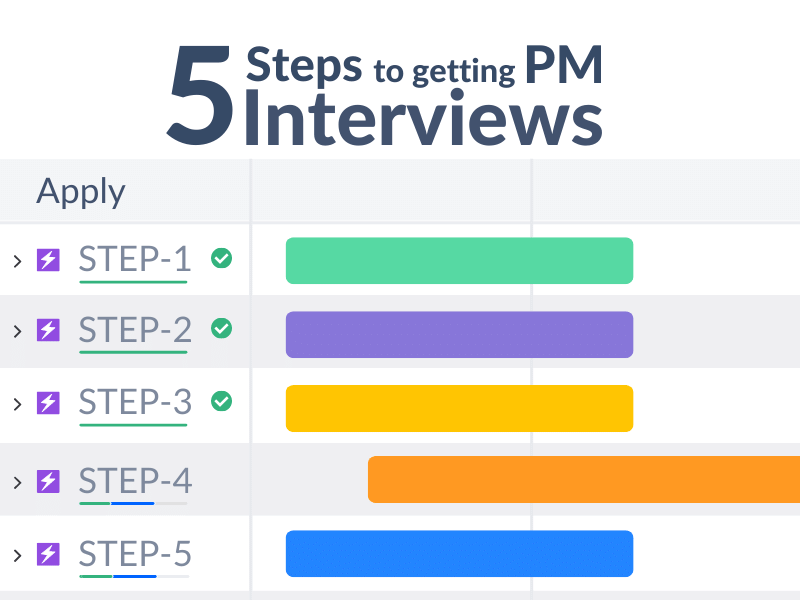Should we keep relying on data-driven marketing?
A few weeks ago we had the honor to sit down and talk with Joshua Grant, Director of Analytics and Innovative Solutions at Dentsu about his views on the current state of digital marketing.
What struck us the most was his take on data, more specifically data-driven marketing. He believes that the days of relying on data and analytics to launch ad campaigns are coming to an end.
What an interesting opinion to have during these times where data-driven marketing is considered a modern business approach and data-driven strategies are projected to be the norm in the near future for pretty much everything. However, Joshua may have a point, as more and more measures are taken against data collection by governments, companies, and individuals.
So let’s try to understand where he is coming from.
The Data Era
Data is now more accessible than it was ever before in human history. Not only organizations but also individuals have access to tremendous amounts of data and analytics. If you are an individual creator on Instagram, just take a look at the ‘Insights’ section and you can see various metrics for your reach, engagement or audience. Not to mention that every company that has a website is at least using Google Analytics to collect and analyze website traffic and audience insights.
Benefits of Using Data for Your Business
One of the main benefits of collecting and analyzing data is to see trends in consumer behaviors. Whether it be an increase or decrease in engagement when adding an extra clickable link or how specific demographics react to the content of an ad compared to others. Based on these, you can make rational decisions based on actual and reliable information.
Moreover, based on these trends, you can determine what customers want. Obviously, it requires quite a bit of data in order to make an educated guess of what to do to meet your customers and potential customers’ needs. But if you’re pursuing a customer-centric strategy, you will most definitely need to accumulate and analyze a lot of data about your customers in order to best answer their demands, anyway.
Data, and more specifically demographics, also allow you to improve your targeting by aiming specific campaigns at specific age groups for example. This will, in turn, maximize the chances of success of your campaigns. And, even though it might not need to be said, in order to measure the success of a campaign, you’ll most likely need data, which will also help you improve your future campaigns.
In other words, data not only helps you have a better grasp about what’s going on in the market and among your customers, it helps you remove several layers of risk, especially when deciding on what new product or service to offer and when launching campaigns. These layers of risk are mostly financial, because who would want to spend money on advertising if it is not going to bring revenue and sales in return? But these layers of risk also include reputation, as data can help you make better choices in terms of what to provide for your customers and improve their estimation of your brand.
Maybe… Data-Driven Strategies Aren’t Always That Helpful?
However, even with tons of data, it is impossible to completely eliminate all risks. Many risk-averse people will rely on data and data only before launching a campaign and creating a new product or service because it makes them feel ‘safe’. Unfortunately, data omits an important key element: the ‘why’ behind people’s behaviors. Data only tells you what people do but not the reasons behind their actions. And, maybe you have experienced it yourself, but making unbiased speculations about those reasons is tremendously difficult. So, can you really say data lets you eliminate risk when it comes to creating new products or services?
Not to mention, relying so much on data tends to hinder creativity, and can lead to missing opportunities. According to an Adobe study, companies that put pure creativity at the heart of their company culture, tend to have a higher revenue compared to other companies (10% more on average). On top of that, relying on data to create new products can sometimes be an unnecessary expense, especially when you could get inspiration from other existing products and concepts that have already proven their popularity. In other words, you don’t always need data to figure out what customers want.
Last but not least, focusing too much on data can also make people try to meet specific metrics rather than looking at the company and strategy as a whole, and, even though the said metrics are met, the results are not there. One of the reasons for this is that data does not explain everything. So, aiming all the attention at data and forgetting about other elements that could have a positive or negative impact on your business is a dangerous game to play.
Conclusion
Obviously, It is not all black and white; it’s more… grey. It would be hypocritical to say that data does not bring any value, and can be detrimental to one’s business. Data is here to guide us and give us hints about what steps to take next. Data can also be extremely helpful when it comes to targeting.
However, data should not be used on its own, especially if your goal is to better understand your customers’ behaviour. It’s also important to remember that most (great) innovations do not come from data but from pure creativity. So don’t be scared to experiment and try new things!
If you like our content, join our mailing list and receive our latest startup stories, market insights and job trends for Japan’s tech market.























